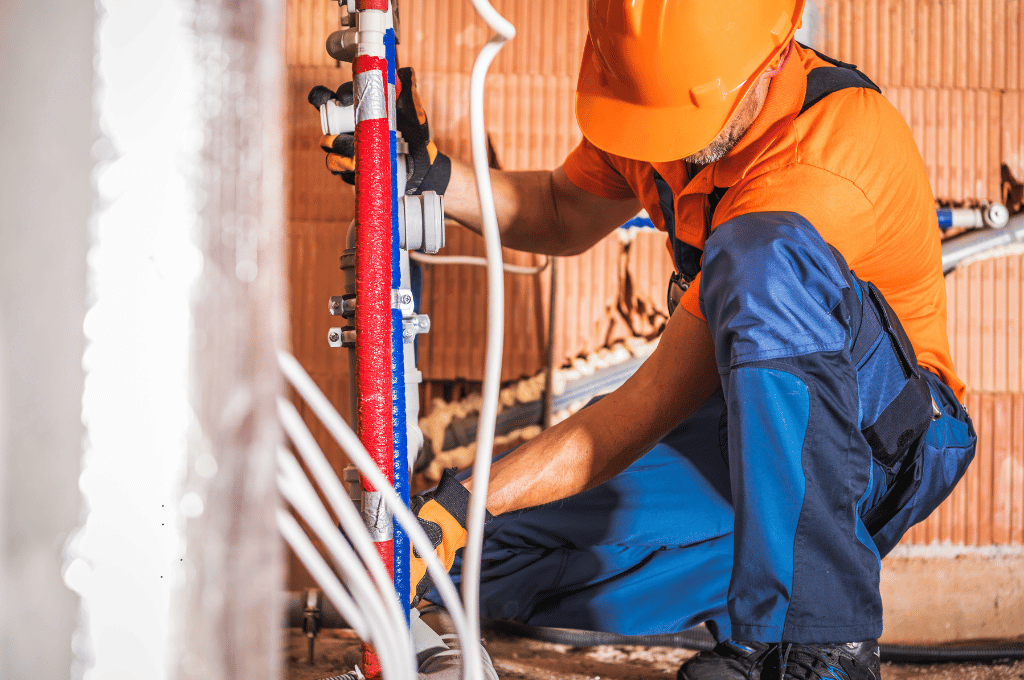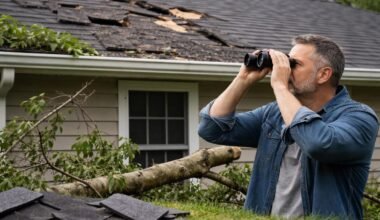Water line problems aren’t just inconvenient—they can bring your entire home to a standstill. And in a place like Miami, where high humidity and shifting soils are part of the landscape, a burst or leaking water line can become an emergency faster than you’d think.
Whether you’re dealing with a flooded yard in Coral Gables, low water pressure in Brickell, or strange gurgling sounds in your Coconut Grove home, this guide covers everything you need to know about emergency water line replacement in Miami, FL.
What Is an Emergency Water Line Replacement?
Your main water line connects your Miami home to the city’s water supply. If it breaks or leaks, you could lose water access entirely—or worse, face structural damage from uncontrolled leaks. An emergency replacement is when this line is damaged so severely that a full replacement is the only way to restore clean, pressurized water to your home quickly and safely.
Signs You Might Need Emergency Replacement
If you notice any of these signs around your Miami home, don’t ignore them:
- Sudden drop in water pressure throughout the house
- Rusty or discolored tap water
- Wet patches or sinkholes in your yard or driveway
- Spiking water bills without explanation
- Unusual plumbing noises, especially at night
- Mold or mildew in or around your foundation
Given Miami’s older infrastructure in some neighborhoods and the humid climate, these symptoms can quickly escalate.
Common Causes in Miami
In Miami, several unique factors can cause water line failure:
- Shifting or sandy soil: Common in coastal areas and prone to shifting under heavy rain.
- Corrosive salt air: Especially near the coast, it can degrade older metal pipes faster.
- Tree roots: Large tropical trees like banyans or palms can invade underground lines.
- Aging infrastructure: Many homes in historic areas like The Roads or Little Havana still have old, brittle pipes.
- Hurricane aftermath: Storm surges and flooding can compromise underground systems.
How an Emergency Replacement Works
When you call a plumber in Miami for an emergency water line issue, here’s what typically happens:
- Inspection & Diagnosis: They’ll use advanced leak detection tools or video pipe inspection to find the issue.
- Permit Filing (if needed): Most Miami-Dade municipalities require permits even for emergencies. Good plumbers handle this for you.
- Water Shut-Off: The home’s water will be temporarily turned off for safety.
- Digging or Trenchless Access: Depending on your yard and property layout, they may dig or use trenchless technology to minimize lawn damage.
- New Pipe Installation: A durable new pipe—often PEX or HDPE—is installed and connected.
- Testing & Restoration: The new line is tested for pressure, then the area is backfilled and cleaned up.
In most cases, Miami plumbers can complete the job within a day, barring complications.
Trenchless Replacement in Miami
Given Miami’s high water table and landscaping concerns (hello, palm-lined yards), trenchless water line replacement is becoming more popular. This minimally invasive method avoids tearing up your yard and can be done faster.
However, not all properties qualify—your plumber will advise if it’s right for your home.
What Does It Cost in Miami?
Emergency water line replacement in Miami typically costs between $2,000 and $5,000, depending on:
- Line length and location
- Pipe material
- Accessibility (under pavement, driveways, etc.)
- Emergency scheduling and labor fees
- Whether trenchless technology is used
Expect higher costs if the job requires navigating HOA regulations or working through dense city infrastructure.
Will Insurance Help Cover the Cost?
In Florida, standard homeowner’s insurance usually doesn’t cover the cost of the actual pipe replacement from the house to the street. However, it may cover damage caused by the leak, such as flooring or drywall repair.
Some Miami homeowners opt into water line protection plans offered by utilities or third-party providers to help with unexpected costs.
How to Prevent Future Emergencies
To minimize your chances of dealing with another emergency water line disaster in Miami:
- Schedule annual plumbing inspections, especially for homes built before 1980
- Avoid planting large trees near your main line
- Install smart water monitors to detect hidden leaks early
- Replace outdated galvanized or clay piping before it fails
- Monitor your water pressure and bill for sudden changes
Final Thoughts: Act Fast, Stay Safe
A water line emergency in Miami can quickly go from inconvenient to catastrophic if not addressed immediately. With the city’s unique environmental factors and aging infrastructure, being proactive is key.
If you’re seeing signs of a problem—or you’re in the middle of a water crisis—don’t delay. Call a licensed, local emergency plumber right away. Quick action can prevent major property damage and restore clean water to your home faster.
Need Help Now in Miami?
For fast, reliable service, look for 24/7 emergency plumbing experts like Sunny Bliss Plumbing & Air, who specialize in underground water line replacement. Make sure your provider is licensed in Miami-Dade County, offers upfront estimates, responds quickly, and can handle all necessary permits and inspections.
Stay dry. Stay safe. And don’t wait until a drip turns into a disaster—call Sunny Bliss Plumbing & Air today.



